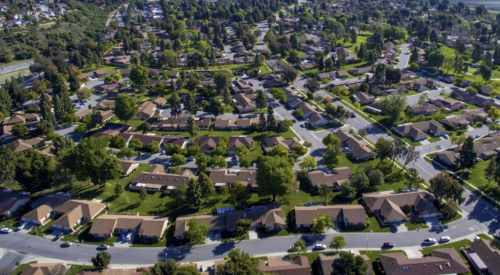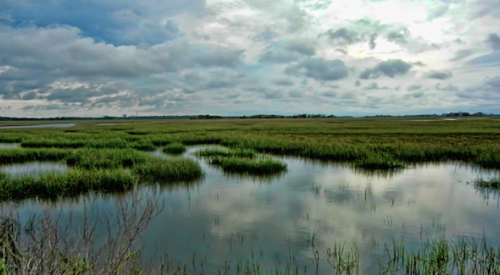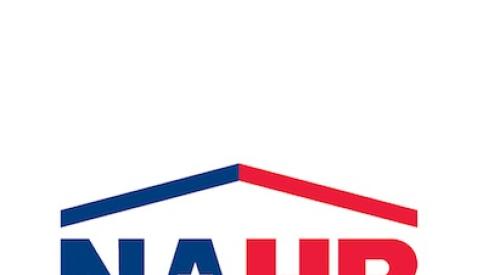| Robert Mitchell, NAHB President
|
Overly stringent environmental regulations have posed major challenges for the housing industry for decades, but the Endangered Species Act 4(d) Final Rule could be a death knell for local land use authority, Smart Growth and the efforts of NAHB members to build affordable new homes.
Announced last June by the National Marine Fisheries Service (NMFS), the 4(d) Final Rule is supposed to provide a kind of regulatory amnesty for local governments by outlining what activities are and are not allowed as part of protection measures for 14 salmon and steelhead trout populations in California, Idaho, Oregon and Washington. In theory, municipalities that follow this rule are not liable for any harm done to a species. In reality, the rule will add cost—at the very least—to land development.
Home builders may face severe limits, or even an outright ban, on the development of land near fishbearing waters and even land near non-fishbearing tributaries. And now, more than ever, the federal government will exercise oversight of state and local land-use regulation, sending a message that accommodating economic and population growth is not a priority.
The Building Industry Association of Washington has challenged NMFS’ listing of the salmon as an endangered species with a lawsuit calling for a recount and a conservation plan as directed by Congress. Without this legal action, there may be nothing to stop the federal government from applying the same draconian measures to preservation efforts for other endangered or threatened species around the country.
No one doubts that the salmon issue is a serious, complicated matter requiring serious, well-crafted solutions. But any plan to save the environment by sacrificing the production of affordable housing in an entire region is a prescription for economic disaster. Saving salmon is a worthy cause, but it should also take into account one of the most fundamental of human needs: shelter.












